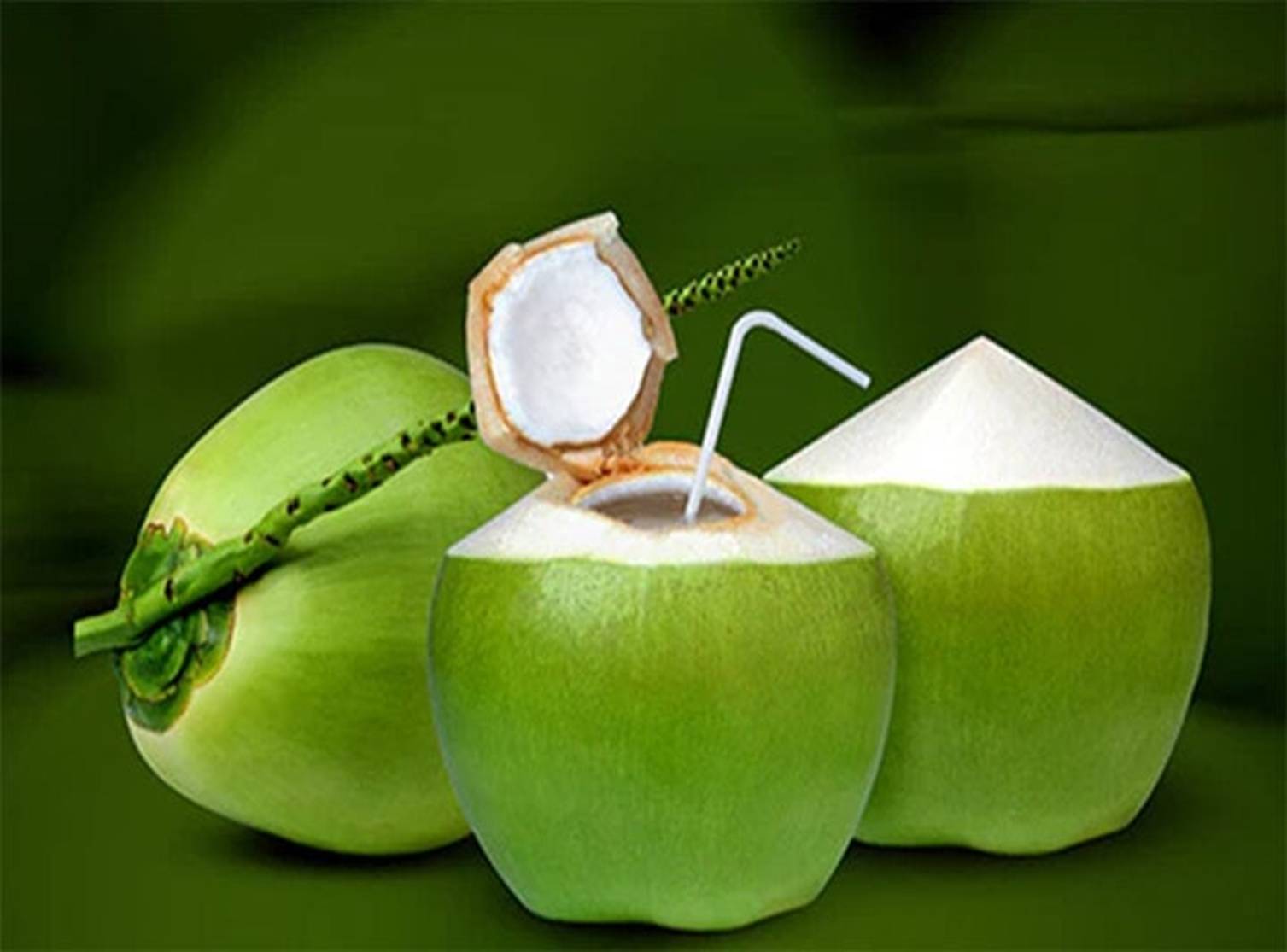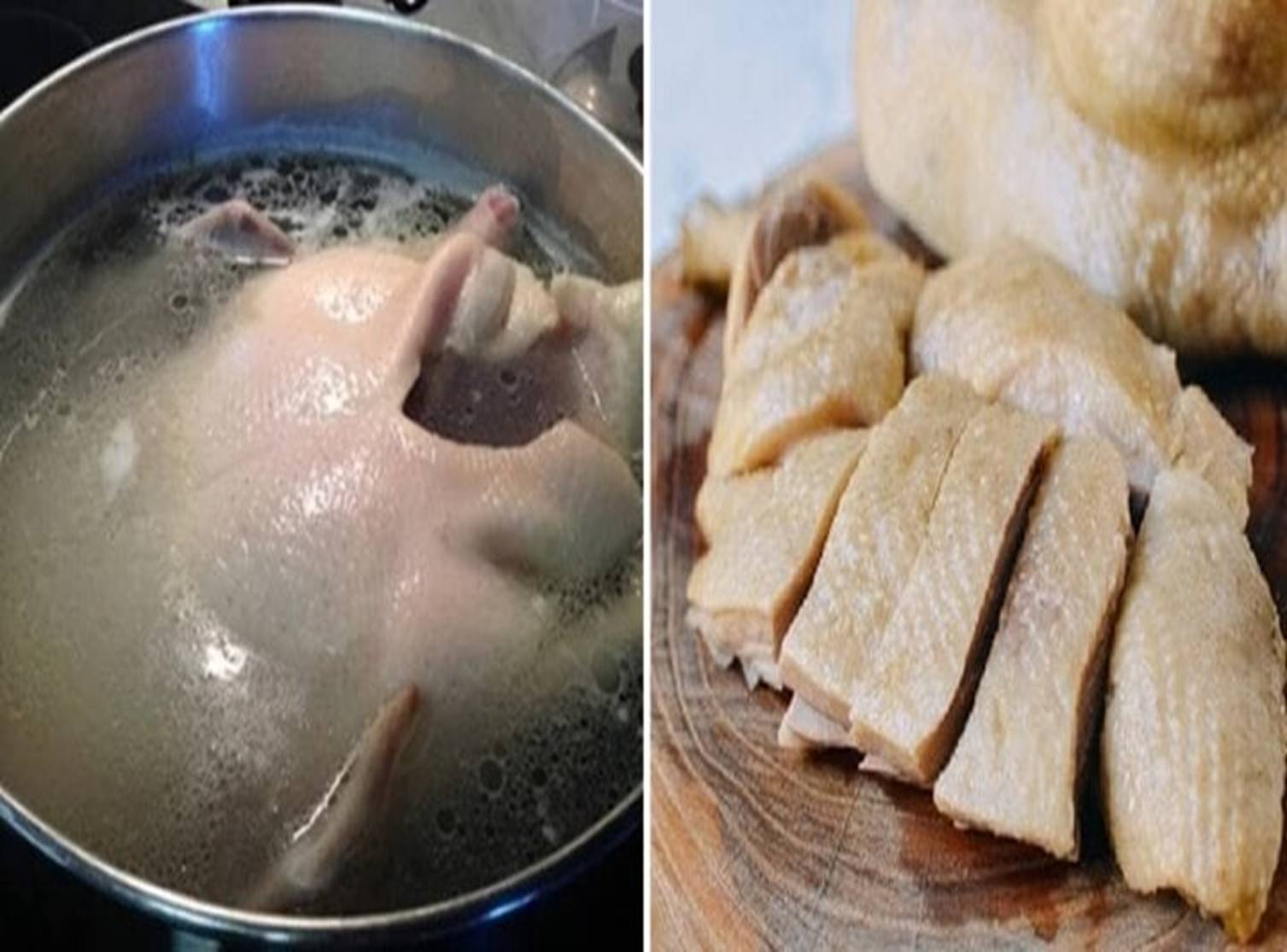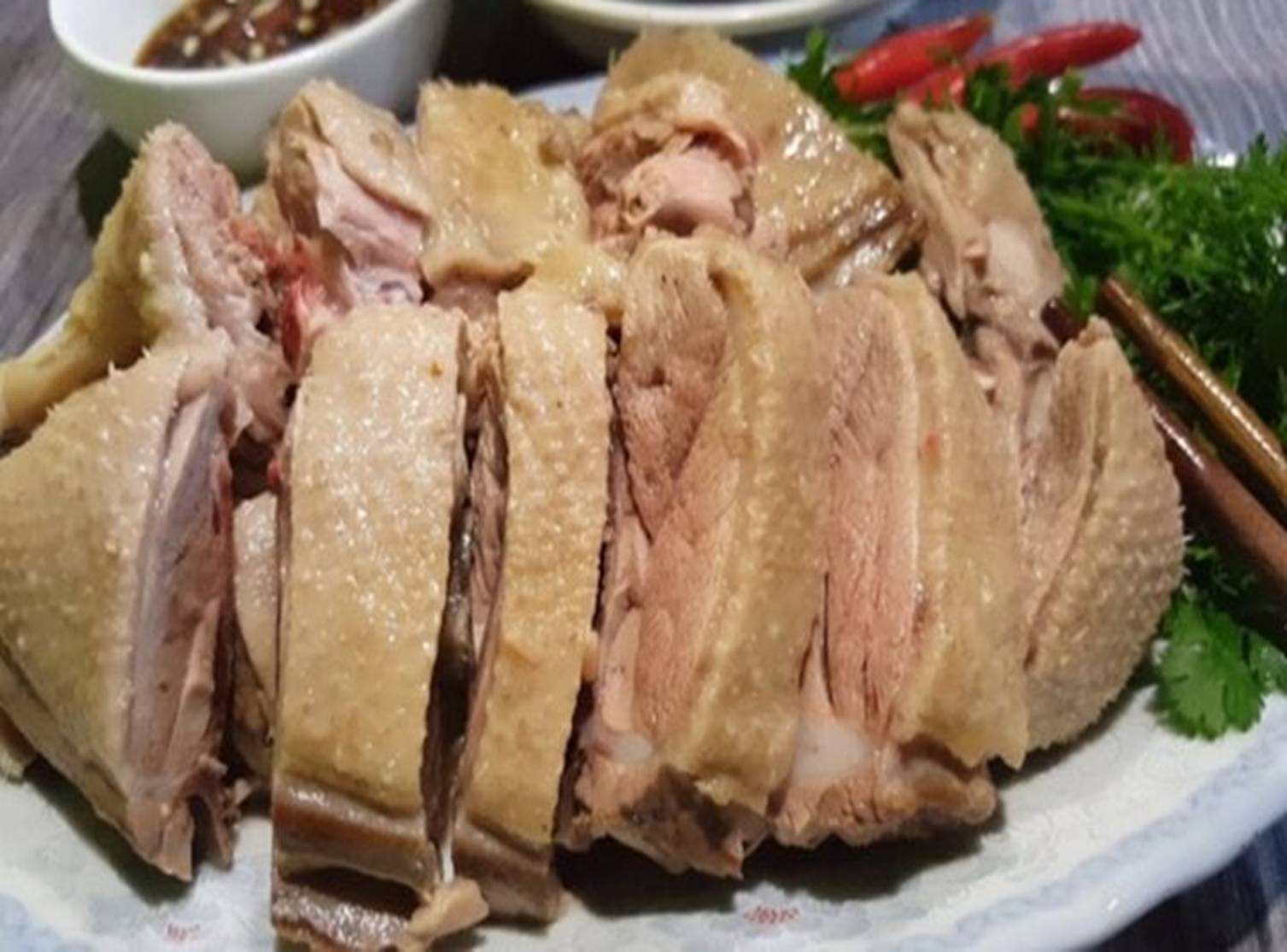Boiling duck is not difficult, but if it’s not done right, it can be very smelly. This is because the duck’s tail has a greasy gland with a very strong odor. Even after removing this gland, you need preparation skills to make the dish smell and taste appealing. Both the preparation and boiling processes are crucial to ensuring the boiled duck doesn’t have an unpleasant smell.
Add This Fruit to Your Boiled Duck to Prevent Any Unpleasant Odor
To make your duck dish delicious, pay attention to the preparation stage. Remove the greasy gland near the duck’s tail, and use odor-neutralizing spices such as ginger, lemongrass, onion, and salt. Interestingly, there is a fruit that not many people would associate with boiled duck, but it makes a remarkable difference. Adding this fruit to your boiled duck will eliminate any unpleasant odor, and the meat will taste incredibly sweet.

Adding this fruit to your boiled duck will eliminate any unpleasant odor, and the meat will taste sweet. (Photo: fastandfresh)
The fruit we’re talking about is coconut. The next time you boil a duck, buy a coconut and try this method—we’re sure you’ll be pleased with the results. Here are the steps to follow:
Prepare the following ingredients:
– 1 tasty duck
– 1-2 fresh coconuts
– Luffa
– Fresh ginger, lemongrass, and onion
– Rice vinegar and salt.

Many people wonder what to add to boiled duck to prevent it from becoming smelly.
Take the water from 1-2 fresh coconuts and put it in a pot. Add just enough water to submerge the duck. Then, add some crushed ginger, lemongrass, and a pinch of salt, and start boiling. When the water starts boiling, remove the foam that forms on the surface to make the broth clearer.
After boiling for about 15-20 minutes, add 1-2 halved luffas to the pot and continue boiling for another 5 minutes before turning off the heat. Let the duck meat soak in the pot for about 20 minutes to ensure it’s fully cooked. You’ll know it’s ready when the duck’s skin turns from yellow to a brownish-yellow color.
To check if the duck is thoroughly cooked, poke it with a skewer or a sharp stick; if there’s no pink liquid coming out, it’s done. If you’re not planning to eat it right away, you can leave the duck in the pot to keep it warm and tender. When you’re ready to eat, simply take it out and cut it into pieces. Alternatively, you can also take the duck out immediately after it’s cooked, plunge it into a basin of cold water, and the skin will become crispier.
The broth you get from boiling the duck is sweet and tasty. You can add some seasoning and enjoy it with rice vermicelli or use it to cook bamboo shoots soup.
How to Make Dipping Sauce for Boiled Duck
A good dipping sauce is essential for boiled dishes. So, what should you dip your boiled duck in? Here are two delicious dipping sauces you can make for your boiled duck:
Fish Sauce Dipping Sauce
Remove the seeds from the chili peppers and mince them. Peel and mince the ginger. Peel the garlic, crush it, and then mince it. Put 5 teaspoons of fish sauce, 1 teaspoon of white sugar, and 2 teaspoons of lemon juice in a bowl and stir well. Add the minced chili peppers and ginger, and then add the garlic so that it floats to the surface of the dipping sauce. Adjust the seasoning to your taste.
Soy Sauce, Garlic, and Chili Dipping Sauce
Peel and mince the garlic. Wash the ginger and chili peppers; peel and mince the ginger, and remove the seeds from the chili peppers before mincing them. Put 4 teaspoons of soy sauce, ½ teaspoon of MSG, and 1 teaspoon of white sugar in a bowl and stir well. Add the minced ginger and chili peppers, and then add the minced garlic.

Boiling duck is not difficult, but if you want to do it well, you need some little tricks.
How to Choose a Tasty Duck
To make delicious boiled duck, choose a mature duck with a round chest, thick skin on the neck and belly, and full feathers. It’s easier and faster to pluck the feathers from these ducks. Male ducks taste better than female ducks, so it’s best to choose a male. Avoid choosing young ducks because their meat will be soft and mushy, and it will take a long time to pluck their downy feathers. Young ducks have large, soft beaks, while older ducks have small, hard beaks. Ducks that have laid a few clutches of eggs also have tasty meat; you can recognize them by their sagging bellies.
If you’re buying a dressed duck, choose one that looks fresh and firm to the touch. If it feels watery inside, it might be a duck that has been injected with water. Avoid ducks with shiny, tight-looking thighs and breasts, as this could also indicate water injection. Another sign of a water-injected duck is that it will deform when turned upside down.
Tips to Remove the Smell from Duck Meat
Plucking the duck’s feathers correctly can also help eliminate some of the odor. Boil a pot of water with star fruit leaves, a handful of spinach, or a little quicklime. Then, dip the duck (after bleeding) into this water to wet all the feathers, and quickly pluck them. When plucking, press your hand down to remove all the downy feathers. If there is black liquid in the follicles, squeeze it out to ensure the duck is clean and odor-free.
After plucking the feathers, wash the duck with clean water. Cut off the duck’s fat gland near the tail to get rid of the smell. This gland contains lymph nodes, bacteria, and impurities, which are a significant source of the duck’s odor. Even after removing the feathers and the fat gland, the duck meat will still have a distinctive smell. Rub the duck inside and out with salt, and then wash it again. Cut a few slices of ginger and rub them on the duck, then wash it again. Ginger is very effective at removing the duck’s odor and making it smell better when boiled.
If you want to be extra careful, you can also wash the duck with white wine, ginger wine, or rice vinegar, and then rinse it with water. This will ensure that the duck is completely odor-free.
According to VTC News
































